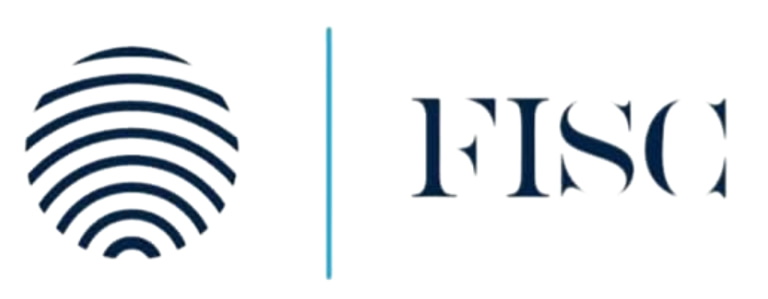RECOVERY OF UNCLAIMED SHARES AND DIVIDENDS
Were you aware that over ₹5,000 crore remains within the Investor Education and Protection Fund (IEPF) as unclaimed dividends from shares and interest on bonds and debentures, along with 1.16 billion unclaimed shares? These assets might have been left by your parents and grandparents.
India established the IEPFA in 2016 to facilitate refund of shares
Investors who fail to claim their shares, bonds, or debentures for various reasons face challenges in the recovery process. Unclaimed amounts, including dividends and matured deposits, are transferred to the Investor Education and Protection Fund (IEPF) after seven years. To retrieve their funds, investors must approach the IEPF Authority, established by the Government of India in 2016.
The IEPFA facilitates refunds for unclaimed securities, but the refund rate remains low due to a lack of shareholder awareness. Investors or legal heirs can submit claims through the IEPF website, but establishing rightful ownership poses a significant challenge, especially for physical shares.
The accumulation of unclaimed shares is largely attributed to the prevalence of physical shares. Investors are urged to dematerialize their holdings to avoid complications. Sebi has mandated KYC for all investors, and failure to submit these details by April 1 may result in frozen folios. After December 31, 2025, frozen folios without proper documentation may be referred to authorities under relevant acts and become ineligible for payments, including dividends and interest.
To overcome these issues, investors should dematerialize holdings, maintain updated KYC, and designate a nominee. Additionally, simplifying the transfer/transmission process at the IEPFA's end is essential. The IEPFA could benefit from adopting best practices from Sebi and recent budget announcements aimed at easing the reclamation of unclaimed shares and dividends.
